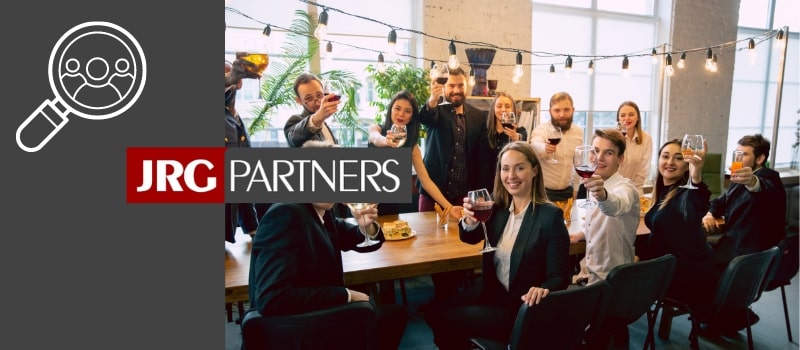Cross-training is a training method that involves teaching employees to perform multiple roles or tasks within an organization, beyond their primary job responsibilities or areas of expertise. Cross-training enables employees to acquire new skills, knowledge, and competencies, diversify their capabilities, and adapt to changing business needs or operational requirements. Cross-training can take various forms, including […]
Cultural competence refers to the ability to understand, respect, and effectively interact with individuals from diverse cultural backgrounds, beliefs, values, and perspectives. Cultural competence encompasses attitudes, knowledge, skills, and behaviors that enable individuals to navigate cultural differences, communicate sensitively, and build positive relationships across diverse contexts. In today’s interconnected and multicultural world, cultural competence is […]
Culture fit refers to how well a candidate’s values, beliefs, and behaviors align with the company’s culture. This alignment is important because it can significantly impact employee satisfaction, engagement, and overall performance. A strong culture fit means that the candidate not only has the necessary skills and qualifications for the job but also shares the […]
A curriculum vitae (CV) is a detailed document that outlines an individual’s academic and professional history. Unlike a resume, which is typically a concise summary of a candidate’s qualifications and experience, a CV provides a comprehensive overview, often spanning multiple pages. It includes sections such as personal details, educational background, work experience, publications, presentations, research, […]
Data privacy refers to the protection of personal information from unauthorized access, use, or disclosure. In today’s digital world, organizations collect and process vast amounts of data, making data privacy a critical concern. Protecting sensitive information, such as financial details, health records, and personal identifiers, is essential for maintaining trust with clients, customers, and employees. […]
Digital Transformation refers to the comprehensive integration of digital technology into all areas of a business, fundamentally changing how companies operate and deliver value to customers. This transformation involves adopting new technologies, processes, and cultural shifts to enhance efficiency, innovation, and customer experiences. It’s not just about digitizing existing services but rethinking entire business models […]
Direct hire, also known as permanent placement or direct placement, refers to the process of recruiting and hiring candidates directly into permanent employment positions within an organization, without the use of intermediaries such as staffing agencies or recruitment firms. Direct hire positions offer long-term employment opportunities with the hiring organization, typically accompanied by employee benefits, […]
Disability Insurance is a type of insurance policy designed to provide income to individuals who are unable to work due to a disabling injury or illness. It serves as a financial safety net by replacing a portion of the insured person’s income during the period they are unable to perform their job. This insurance is […]
Disciplinary action refers to the measures taken by an organization in response to an employee’s behavior that violates company policies or disrupts workplace harmony. This can range from verbal warnings and written reprimands to suspension, demotion, or even termination, depending on the severity of the misconduct. The purpose of disciplinary action is to correct inappropriate […]
Discrimination refers to the unfair or prejudiced treatment of individuals or groups based on characteristics such as race, gender, age, religion, disability, or sexual orientation. This treatment often results in unequal opportunities, exclusion, or harm, impacting the affected individuals’ rights and well-being. Discrimination can manifest in various forms, including direct actions like denying someone a […]











